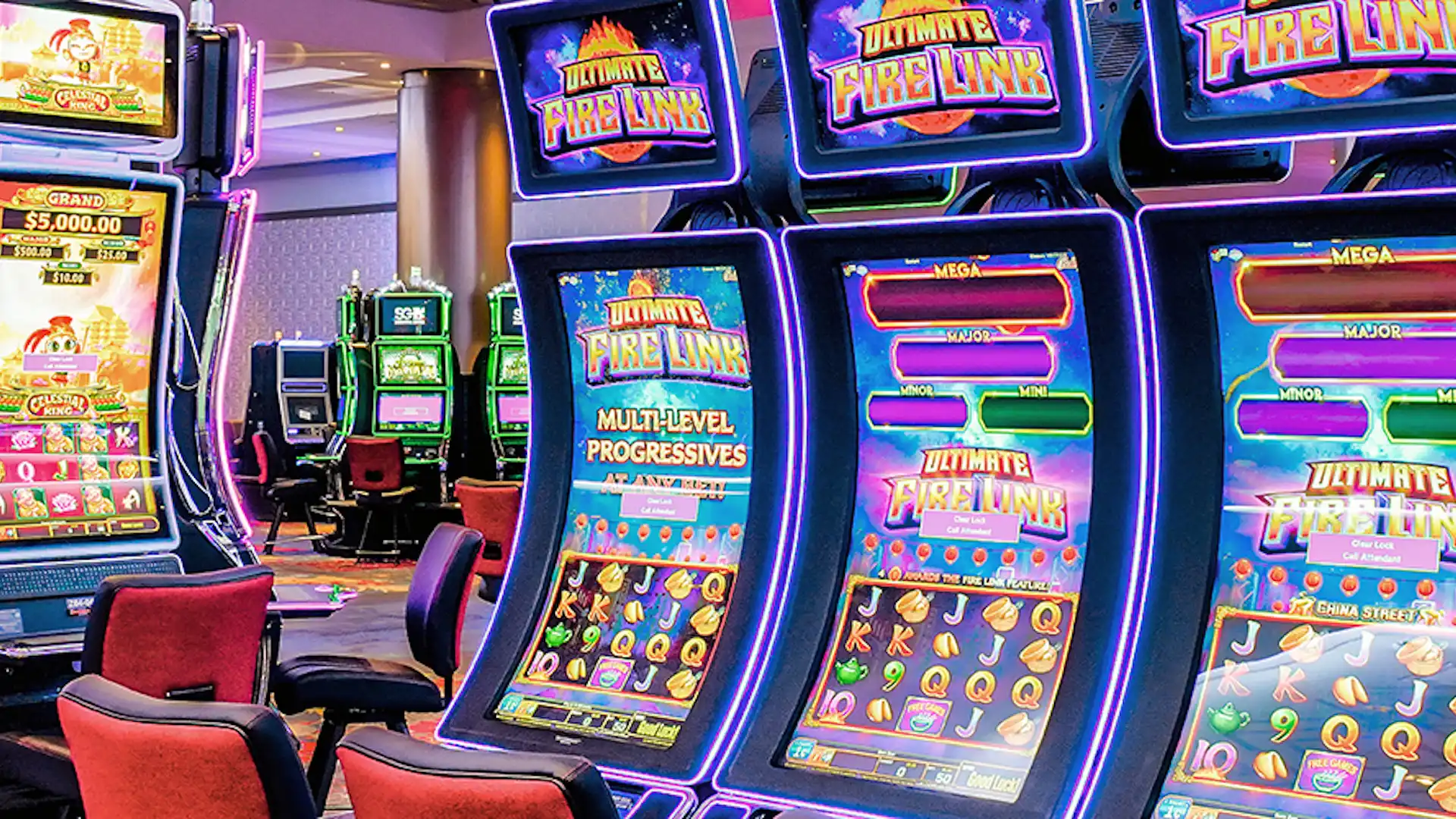Casino games have long captivated a wide range of players, providing not only excitement through chance but also a unique experience tailored to diverse player types. Ranging from the strategic minds who excel at strategic thinking to the casual players who seek entertainment, casinos recognize the nuances of their audience and design games that meet these diverse tastes.
In exploring the world of casino games, we discover a rich tapestry of choices that appeal to players of all kinds. Competitive poker tables draw competitive individuals, while exciting slot machines attract individuals in search of immediate satisfaction. Whether it be the chance to win big or simply relishing the social environment, casinos tailor their game offerings to ensure that everyone can find their niche where they feel welcome and involved. Comprehending how these games cater to various player types can enhance not only our appreciation of them but also how we approach selecting which games to play.
Understanding Participant Categories

In the multifaceted world of gambling games, players can be grouped into specific categories based on their incentives and choices. These player types range from the laid-back and communal gamers, who enjoy the fun value and interactive connections that gambling provides, to the more analytical and methodical players, who seek to increase their odds and profits. Understanding these various categories is essential for casinos to customize their games and build engaging settings.
One popular kind is the communal player, who considers casino games as a form of community interaction and enjoyment rather than a serious gambling activity. These players often enjoy games that encourage involvement and togetherness, such as group-based games. Their focus is on the journey rather than the outcome, so dynamic settings and collective moments are what they cherish the most.
On the contrary end of the scale, tactical players are motivated by rivalry and the search of skill. They tend to be drawn toward games that require strategic thinking and strategy, such as strategic card games, where their abilities can determine the outcome. This category often involves with the games on a deeper level, utilizing knowledge and strategies to achieve an edge. Grasping these incentives allows casinos to create environments and game selections that cater to each participant’s individual preferences.
Game Design Strategies
Gambling games are created with varied player types in mind, utilizing multiple strategies to draw in and capture them. For recreational players, the focus is on ease and clarity. Games like slots are often visually appealing with straightforward mechanics. SHBET.CRUISES This enables players to enjoy the experience without a steep learning curve, creating an inviting atmosphere. The vibrant hues, engaging audio, and thematic elements create a fun environment where players can quickly get involved and entertained.
For strategic players who enjoy a deeper level of engagement, games such as poker and 21 offer complexity and skill-based elements. These games feature strategy and decision-making, attracting to players who thrive on competition and want to utilize their mental skills. The design of these games often includes complex rules and mechanics that test players to hone their skills and develop strategies over time, resulting in a fulfilling experience for those who enjoy perfecting the game.
Additionally, social players are catered to through games that emphasize engagement and community. This includes live casino options and multiplayer games, which cultivate a sense of camaraderie among players. The design of these games typically incorporates chat features and communal aspects, allowing players to interact and share experiences. By building an environment where interaction is promoted, casinos can effectively engage community players, making the gaming adventure more pleasurable and unforgettable.
Boosting Player Engagement
Casino titles have progressed significantly to provide a much more immersive experience for gamers. Software creators focus on stunning visuals, rich audio effects, and novel gameplay features that engage players into the gaming space. By utilizing technology, such as virtual reality and enhanced reality, betting houses ensure that participants feel as if they are part of a thrilling atmosphere, enhancing in addition to the enjoyment of the activities but also the complete enjoyment of being in a betting establishment.
Community engagement is another critical aspect in enhancing gamer experience in casino games. Several options are crafted to promote interaction among players, whether through multiplayer formats or messaging options. This community feature is attractive to gamers who appreciate connecting with fellow players while competing, fostering a sense of community. In addition, social features can include scoreboards, competitions, and incentives for team play, which capture competitive gamers and encourage them to return for further.
In conclusion, customization plays a crucial role in tailoring the interaction for various gamer demographics. Casinos and title creators study participant habits and preferences to offer tailored game options and incentives. By understanding the unique interests of players, casinos can provide tailored deals, rewards, and fresh games that appeal to each gamer, thus improving their complete engagement and devotion to the betting establishment.
